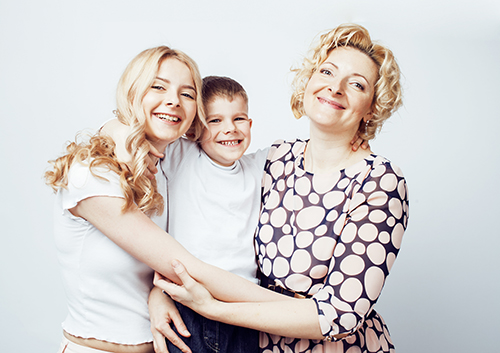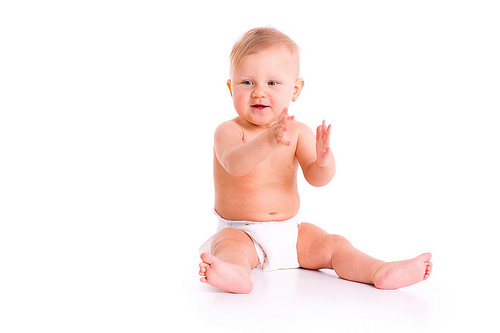Fall’s in the Air? Think Fall Dental Care
October 5th, 2022

Whether you already miss the sun’s bright rays, or can’t wait for some cool, crisp weather and colorful leaves, summer is making way for fall. And the change of seasons might mean it’s time for some adjustments to your dental care routine.
Fall’s in the Air, and You Can Feel It
You might enjoy the brisk weather and the cool autumn breezes, but you’d enjoy fall much more without the tooth sensitivity that cold weather can bring. Sensitivity can be the sign of a cracked tooth, gum disease, or even something as simple as too-energetic brushing. If you’re experiencing sensitivity outdoors or with hot and cold foods, don’t give up your nature walks and hot cider! Give Dr. Robin E. Lents a call, and we’ll get to the root of your problem.
Fall Sports
The baseball mitts, surfboards, and water skis have been retired for the year, but that won’t stop you from enjoying exercise and team sports. And while you’re keeping your body healthy, remember to keep your teeth and jaws healthy as well. A mouth guard is an essential piece of equipment for any autumn contact sport like football or soccer, and is also a good idea for biking, skateboarding, and other physical activities where a fall or a collision is a possibility.
Fall Feasts
‘Tis the season for sugary Halloween treats, bountiful Thanksgiving desserts, and those over-the-top holiday lattes. By all means, celebrate the season. And celebrate your dental health (and your overall health) as well by enjoying these treats in moderation.
Why not take this opportunity to explore some of autumn’s more nutritious seasonal offerings? Brussels sprouts, sweet potatoes, carrots, pumpkins, and apples are part of a fall harvest of fruits and vegetables rich in vitamin A, vitamin C, potassium, calcium, and other nutrients that help keep our teeth and gums their healthiest. (And if the pumpkins and apples make their way into pies, no one will complain.)
Fall Semester
Many schools require a dental exam before the start of the academic year. If you haven’t made an appointment for your child, now’s the time to do it! And don’t forget a professional cleaning to remove plaque and tartar. Nothing starts a school year off better than entering the classroom with a bright, healthy smile.
And don’t forget to call our Florence office for your own regular checkup if it’s that time of year. Spring, summer, winter, fall—it’s always the right season for taking care of your dental health!




 Website Powered by Sesame 24-7™
Website Powered by Sesame 24-7™